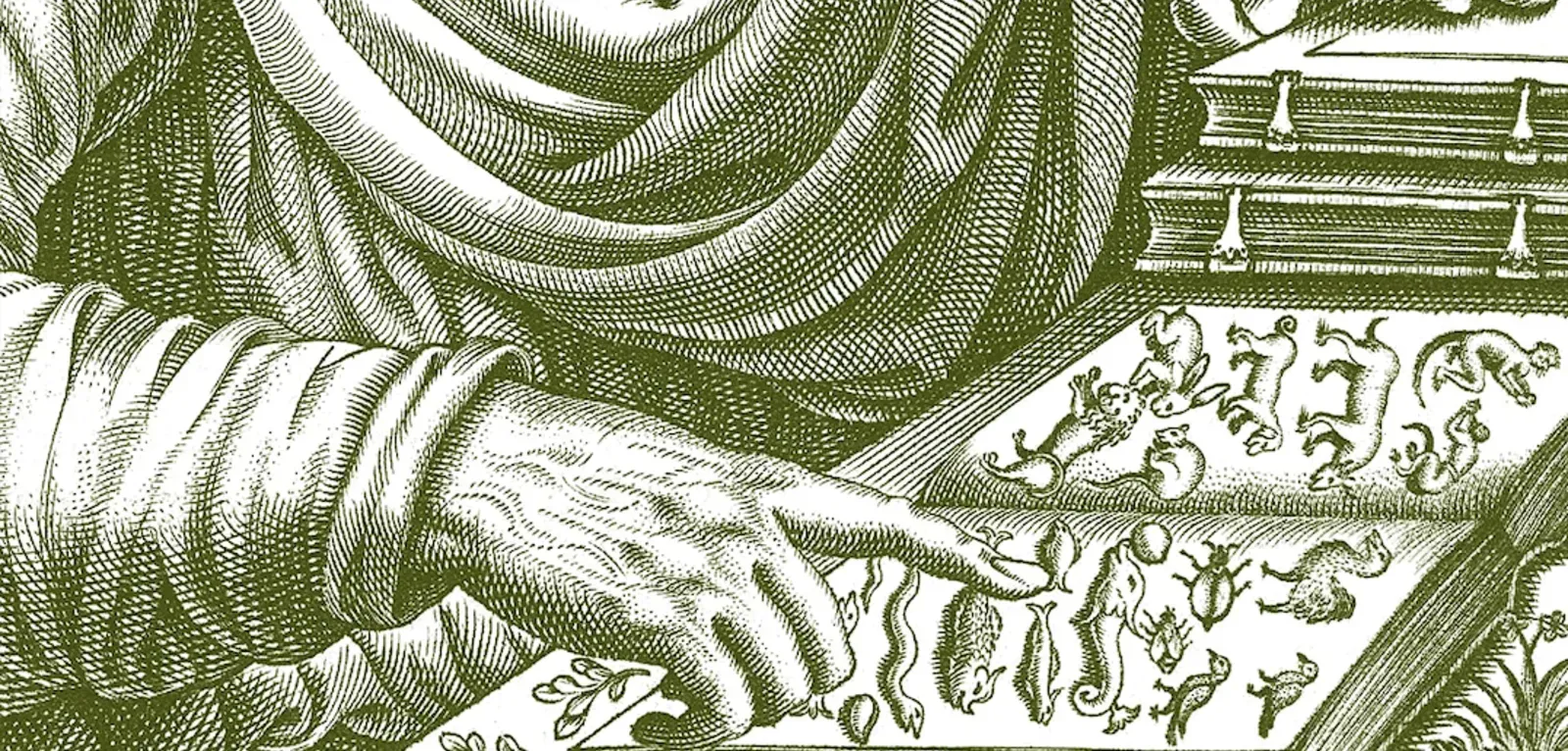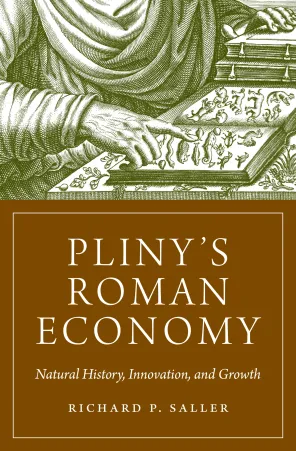
Stanford Professor Richard Saller examines economic growth and innovation during the Roman Empire
Richard Saller’s new book—the first comprehensive study of Pliny the Elder’s economic thought—provides new insights on the economy of the Roman Empire.
In 77 A.D., Pliny the Elder, a naturalist, philosopher, and naval and army commander of the early Roman Empire, wrote a 37-book set of “20,000 things worth knowing” related to the natural world. Widely regarded as the first encyclopedia on scientific matters, Pliny’s Natural History has been the subject of numerous books and papers in recent decades, but none have used them as a lens to examine economic growth.
Now, in a new book, Richard Saller, the Kleinheinz Family Professor of European Studies in the Department of Classics in the School of Humanities and Sciences (H&S), reveals how Pliny’s Natural History helps answer a longstanding question: What effect did the peace, laws, and infrastructure the Roman Empire imposed in the Mediterranean region have on economic growth?
In Pliny's Roman Economy: Natural History, Innovation, and Growth (Princeton University Press, 2022), Saller reveals how previous attempts have been inconclusive in their investigations about the impact of the institutions the Roman Empire imposed on its subjects. He provides an in-depth analysis of the 37-book series and, ultimately, demonstrates that Pliny’s Natural History offers more insights into Roman ideas about economic growth than any other ancient source known to date.
The Importance of Pliny
Saller’s research focuses on Roman social and economic history. His inspiration for Pliny’s Roman Economy was sparked after reading an article that detailed how economic growth in 18th-century France was related to the distribution of the Encyclopédie, a pre-modern encyclopedia that represented high-level technical and scientific knowledge.
The original publication of the Encyclopédie (1751-65) was edited by Denis Diderot and Jean le Rond d'Alembert and consisted of 17 volumes of text and 11 volumes of plates from over 150 contributors. Many of the authors were intellectuals, such as Voltaire, Jean-Jacques Rousseau, and Baron d'Holbach, and the ideas they presented in the Encyclopédie were linked to widespread political, social, and intellectual changes in France prior to the Revolution.
The Encyclopédie “was a reflection of an attitude toward learning and innovation, and this article [on its impact] prompted me to wonder whether the ancient antecedent, Pliny’s Natural History, had the same effect during its time,” said Saller, the former dean of H&S (2007-2018) and professor by courtesy in the Department of History.
The Roman Empire was one of the largest ancient civilizations—spanning desert to dense forest regions that covered approximately 1.9 million square miles at its height. Given the expanse of the Roman Empire, “historians simply don’t have the data to generalize about the economy across the whole empire and to assess the aggregate impact of Roman institutions,” said Saller.
The “Natural History is, by far, the most extensive compilation of ancient science and technology to survive from antiquity, so it’s the obvious place to look for Roman ideas about how to produce things,” said Saller. “Recent research on the Roman economy has drawn on archaeological evidence to argue for economic growth. … My approach was to analyze the most important repository of ancient science and technology, Pliny’s Natural History.”
Uncovering the purpose and process in Pliny’s Natural History
In addition to analyzing Pliny’s text for clues about economic development, Saller’s book offers several insights on Pliny as an author.
“Pliny saw himself as gathering and protecting ancient knowledge,” said Saller. Despite Pliny’s claim to have written Natural History for a general audience (like the average farmer) he did not succeed. His intended audience would have not only had financial trouble acquiring the books, but they would have also struggled understanding the text due to minimal literacy levels in the Roman Empire and the disorganized presentation of ideas throughout the books, Saller explained. Although the books make sense at a high level, the ideas within are disorganized, said Saller.
For example, in his book, Saller explained that Pliny included 40 remedies for rabid dog bite that were scattered across 10 different books. “You’d have to read all 37 books to get the full picture,” Saller said. Moreover, there is no known cure for rabies.
This example illustrates the second major point Saller makes in Pliny's Roman Economy: Pliny had no review or fact-checking process to validate his claims. For more than 1,500 years, Pliny was “regarded as the primary authority on scientific knowledge,” said Saller. But Pliny didn’t have peers to review his claims, which explained why his legacy declined rapidly during the Scientific Revolution.
Pliny’s Roman Economy and future directions
Saller’s studies of Pliny’s Natural History revealed several insights into Roman ideas about economic growth.
First, Saller discovered that although Pliny sometimes “anticipates modern economic theory,” he often contradicts himself by suggesting that the Roman Empire wasn’t a time of innovation. Pliny seemed to believe that the Romans adopted the ideas and customs of the provinces they conquered, rather than fueling their own innovation.
“The Romans of the empire did not have a culture of growth. Pliny laments that all the important discoveries and innovations came from the distant past, not from his contemporaries,” said Saller. “Pliny said that the lack of competition with the Roman Empire, especially at its height, meant that there was no stimulus to new research and innovation, and I think he got that right.”
However, there were innovative practices discovered under Roman rule, such as using volcanic ash to make underwater concrete, Saller explained. The key nuance is that the Roman environment focused more on the protection and collection of ideas rather than the creation of new ones. This culture of preservation sheds light on the economy of the Roman Empire, Saller explained.
In the future, Saller plans to build on the research that resulted in his book Pliny’s Roman Economy. He plans to study and write about the dissemination of technical knowledge in the Roman Empire in a forthcoming paper.





